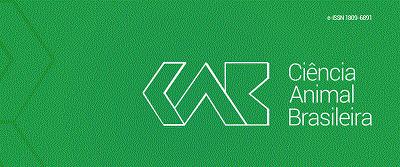Abstract
The objectives of this study were to evaluate the effect of the level of worm resistance and protein supplementation on reproductive performance and parasitism in Pantaneiro sheep. Sheep were classified by the number of nematode eggs per gram of feces (EPG) as resistant (RR), sensitive (SS), and intermediate (RS), as well as submitted (SUPL) or not (NSUPL) to supplementation during the final third of pregnancy and lactation. In both reproductive cycles, sheep were weighed every 28 days and treated with anthelmintic when EPG was ≥ 4000. The weight of the sheep was not affected by the degree of resistance to nematodes and supplementation only affected weight in the period in which it was offered. Birth and weaning rates were not affected by the degree of resistance and supplementation. Offspring mortality rate was lower in the SUPL group. Sheep mortality rate was three times higher in the SS group than in the RR group and offspring weight was lower in the SS group than in RR and RS groups. The three groups showed peaks in EPG during the final third of pregnancy; however, the averages were always lower in the RR group, which, in general, required 2.5 times less anthelmintic treatments than SS group. Supplementation had no effect on EPG and on the number of anthelmintic treatments. The classification of sheep as resistant to nematodes by EPG led to fewer anthelmintic treatments, lower sheep mortality rate and higher birth weight of offspring.
Keywords:
gastrointestinal nematodes; pantaneiro sheep; productivity indexes; weight gain

